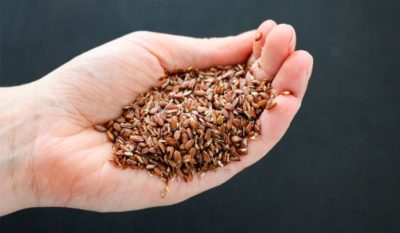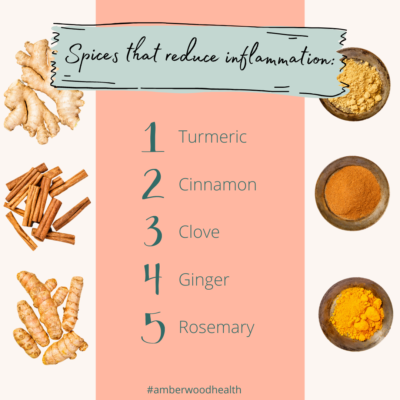Gluten, Genetics, Gut Health

Autoimmunity is Growing
Why are these 3 G’s so damn important right now? One out of every six people in North America suffer from an autoimmune condition. By 2050, it’s predicted that 600,000 kids will have type 1 diabetes given the current rate. This is alarming and I really think we can do better for our children.
Autoimmunity is complex and has many causes. In this article I discuss three diseases and the research connecting gut health to autoimmunity. Today I’ll focus on a specific genetic marker present in some autoimmune conditions and the strain of bacteria associated with it. We’ll also discuss how a lower carb, ancestral type diet is indicated.
Gluten increases inflammation even in those who are non reactive. It is also a filler food meaning its highly processed and modified. It lacks any nutrient value unless it is fortified which can actually cause more problems. For those who are reactive, gluten leads to several disease processes including neurological issues, joint problems, malabsorption and yes, autoimmune disease.
What is HLA?
HLA means human leukocyte antigen. Leukocytes are the white blood cells. They protect the body from infection and foreign substances. Antigen means the protein on the surface of immune cells. Genes determine which proteins are present on the surface of the immune cells. HLA is a highly polymorphic gene, meaning there are many different possible gene set variants, or haplotypes.
Humans have incredibly adaptive immune systems because of the number of haplotypes available. However, certain haplotypes predispose a person to specific immune system diseases. HLA-DQ haplotypes have also been associated with celiac disease (1), while HLA-DRB1 has been associated with rheumatoid arthritis (2). Mold illness may affect one person and not another due to the individual’s haplotype.
Genetics
Crohn’s disease, ulcerative colitis, psoriasis, reactive arthritis, ankylosing spondylitis (AS) and uveitis are all associated with HLA-B27. Fusion of the spine in AS is the most common condition associated with this haplotype. An estimated 88 percent of people with AS are HLA-B27 positive. Some subtypes of this gene are protective against AS while others increase the risk of developing the disease. Keep in mind that you can have this haplotype and never develop an autoimmune condition.
Gut Health
A connection has been made between Klebsiella and HLA-B27 since 1980. Studies have found that this gut bacteria has two molecules that closely resemble HLA-B27 (3, 4). The immune system naturally produces antibodies against Klebsiella in an effort to remove it, but these antibodies can also bind to HLA-B27.
Can a Low-Carb Diet Help?
Studies have shown that Klebsiella does not grow on cellulose from plant starches but can grow on simple sugars (5). Simple sugars are absorbed in the small intestine whereas some starch makes it to the colon where bacteria live. Klebsiella can manufacture an enzyme called pullulanase, a starch-debranching which allows it to break down starch into simple sugars for energy and growth (6).
Human studies confirm that a high protein, low carbohydrate diet significantly reduces klebsiella in fecal samples (7). Another study found that a low-starch diet reduced the immune response in AS patients (8). The majority of these patients reported remission or at least a reduction in symptoms.
And Finally Back to Gluten
In four out of 5 randomized, double blind trials gluten showed to increase symptoms in patients. The patients who received the rice pill instead of the gluten pill continued to have symptoms improvement. This doesn’t mean that all people need to be strictly gluten free but it does mean that up to 80% of people who are struggling with chronic illness are reactive to gluten. I explain to patients who want to get better that removing gluten is an excellent starting place given the medical literature. Most testing available to the public only looks at alpha gliadin and wheat. More accurate testing is available. It covers 24 markers. I highly recommend this if you are questioning whether or not to remove gluten from your diet. Remember that diet and environment turn on genes that would otherwise be dormant. One step to preventing autoimmunity can be as simple as eating more vegetable and eliminating gluten for 2 weeks to see if you feel better.
Related Posts
 How Stress Kills: Social Determinants of Health
How Stress Kills: Social Determinants of Health





